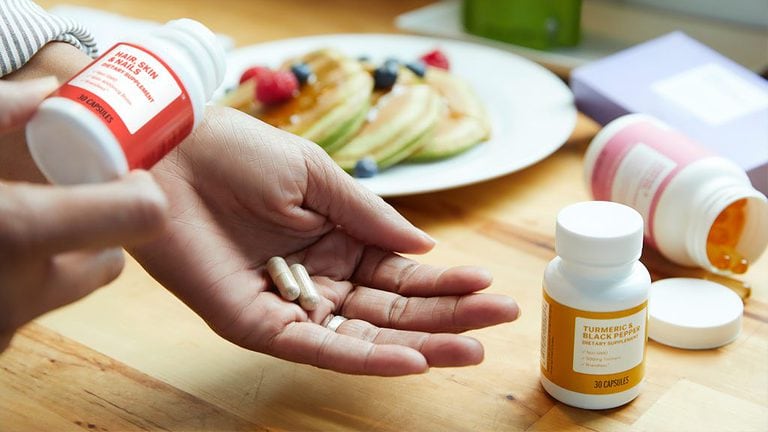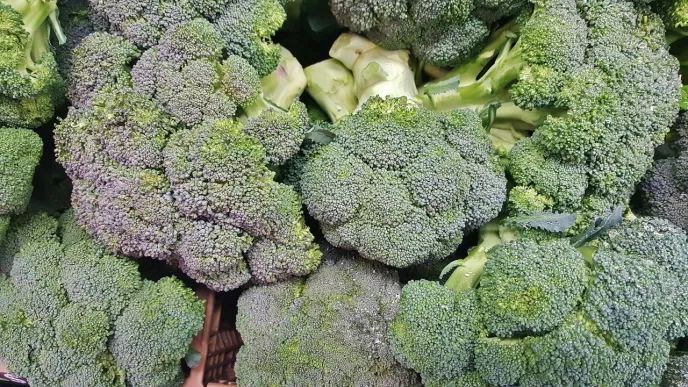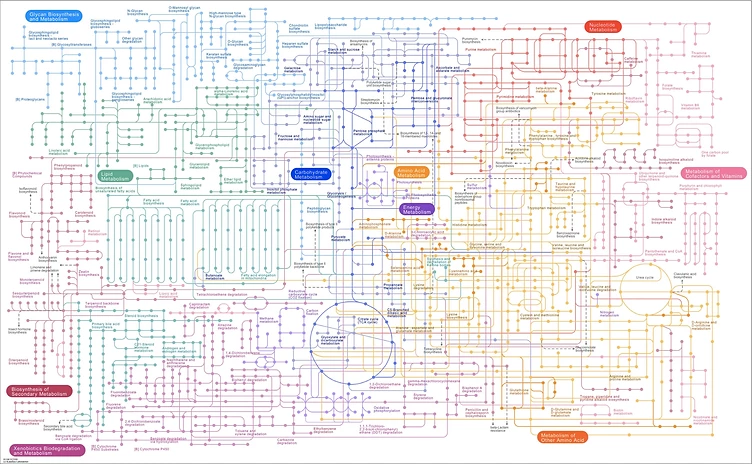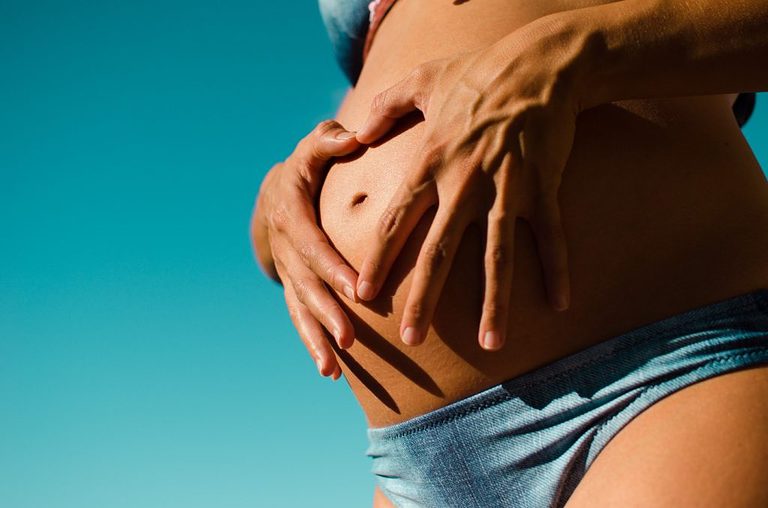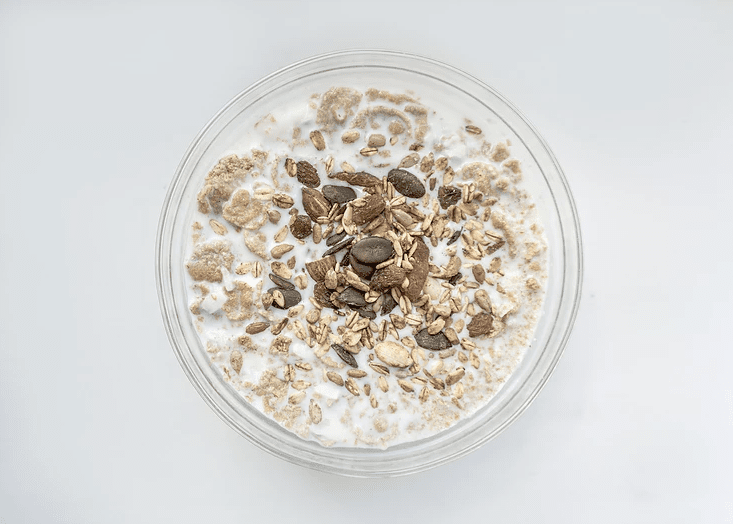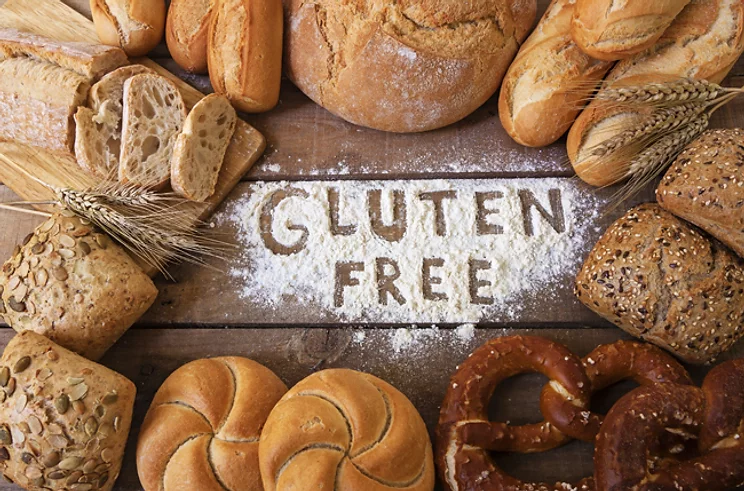Worried about what you should and shouldn’t eat when you’re trying to conceive?
While we know that your preconception health and diet can really help to improve fertility and fertility outcomes, we actually don’t know too much about whether dairy is beneficial or potentially harmful when it comes to trying to conceive (Panth et. al, 2018).
Current evidence on the impact of dairy is inconsistent (Panth et. al, 2018), but let’s dive straight into what we do know…
1. Dairy doesn’t appear to have a negative impact on fertility.
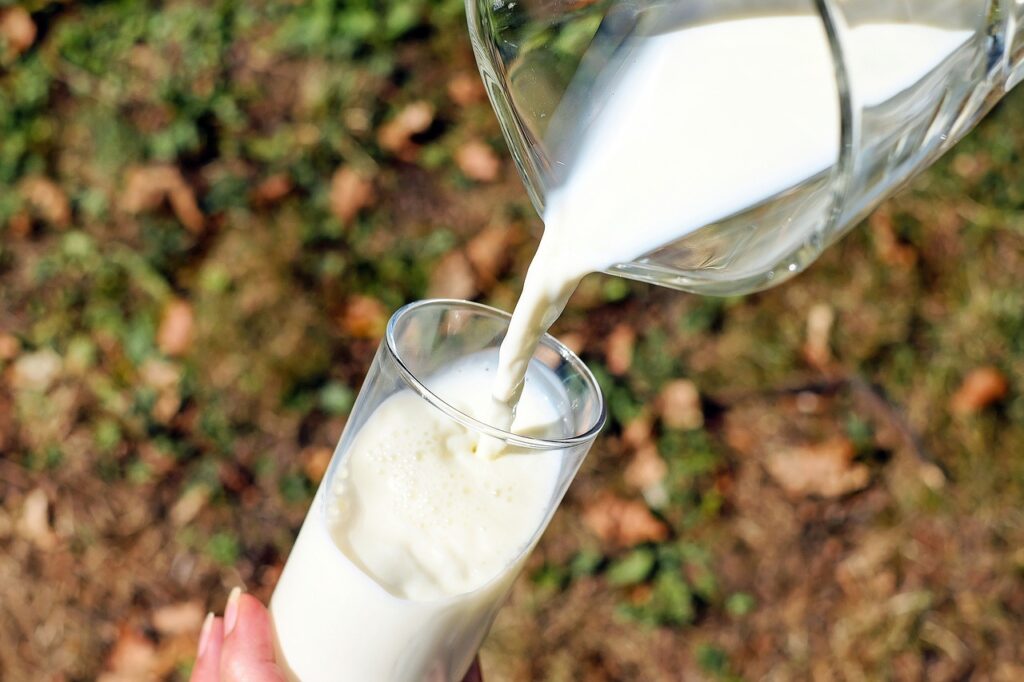
The Nurses’ Health Study (NHS) conducted a study on preconception dairy (including milk, yoghurt & cheese) intake and fertility, following almost 18,000 women over 8 years. The study found no reason to believe that regular dairy consumption can have a negative impact on fertility (Panth et. al, 2018).
Read the truth behind other fertility nutrition myths here.
2. In fact, full-fat dairy has been associated with a lower risk of ovulatory infertility.
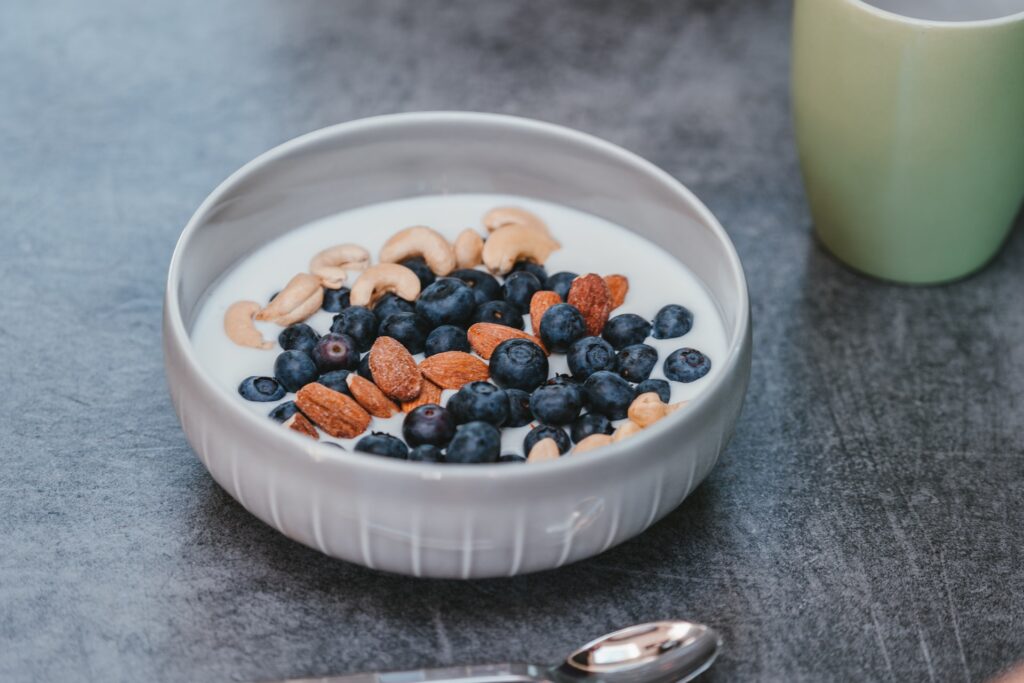
The study found that full-fat dairy products were actually shown to lower the risk of ovulatory infertility- i.e. not releasing an egg every month – with women following a healthy “fertility diet” consisted of vegetable sources of plant protein, full-fat dairy, iron and monounsaturated fats during their preconception period having a 66% lower risk of ovulatory infertility, and a 27% lower risk of infertility compared to women who didn’t follow this diet pattern (Panth et. al, 2018).
Eating one or two servings of full-fat dairy each day was linked to increased fertility, since high-fat yoghurt and dairy foods such as milk & cheese might have a positive effect on ovulation and conception (Chavarro et al., 2007; Brissette 2017). This is because the cream component in milk can help balance your sex hormones, thanks to its estrogen-promoting impacts (Malekinejad et. al, 2015).
Another study showed that an increased intake of phosphorus and lactose – both of which are found in full-fat dairy products – was linked to slightly improved chances of conceiving (Wise et. al, 2017).
This suggests that there is no need to cut full-fat dairy from your diet when you’re trying to conceive! Unless of course you have an allergy or intolerance.
3. Low fat dairy, however, may harm your chances of conceiving…
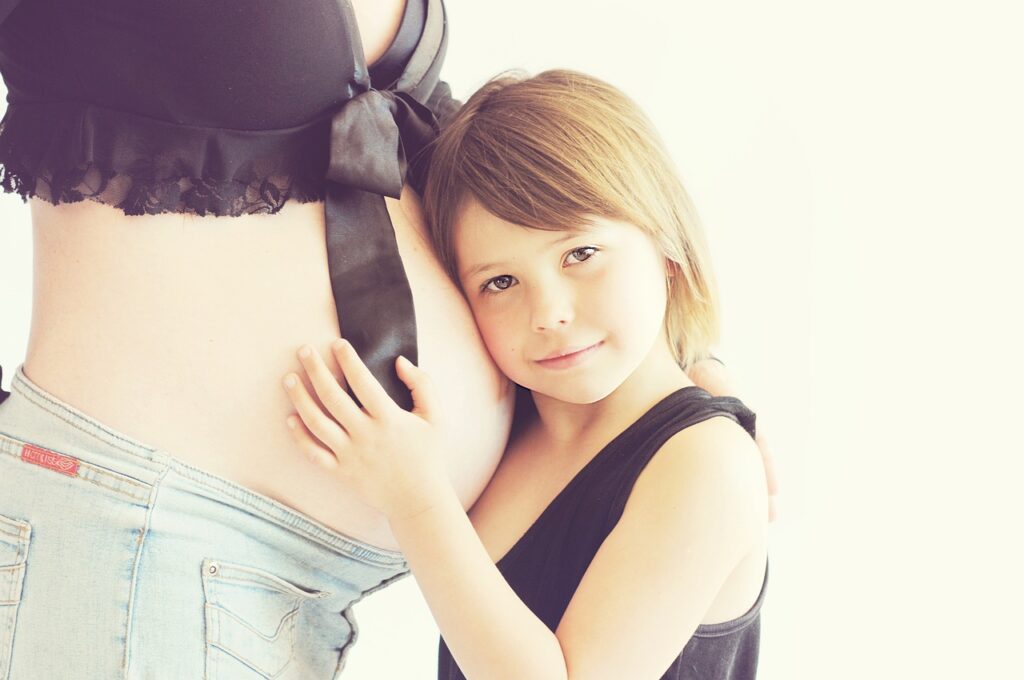
In the same NHS study, low-fat dairy products including skim milk, low-fat yoghurt and cottage cheese, were linked to a higher risk of infertility (Panth et. al, 2018) (Brissette 2017).
This has been seen in multiple studies since (Wise et. al, 2017), suggesting the negative impact of low-fat dairy products on your chances of conceiving.
So, replacing low-fat dairy with one to two servings of high-fat products per day may decrease your risk of infertility and improve your chances of getting pregnant (Brown, 2017)!
Want More Game-Changing Nutrition Tips for Maximizing Your Chances of Conception?
Discover the optimal diet for Fertility…
Join The Waiting Game – A 30-day online program to leave you feeling confident and empowered on your fertility journey!
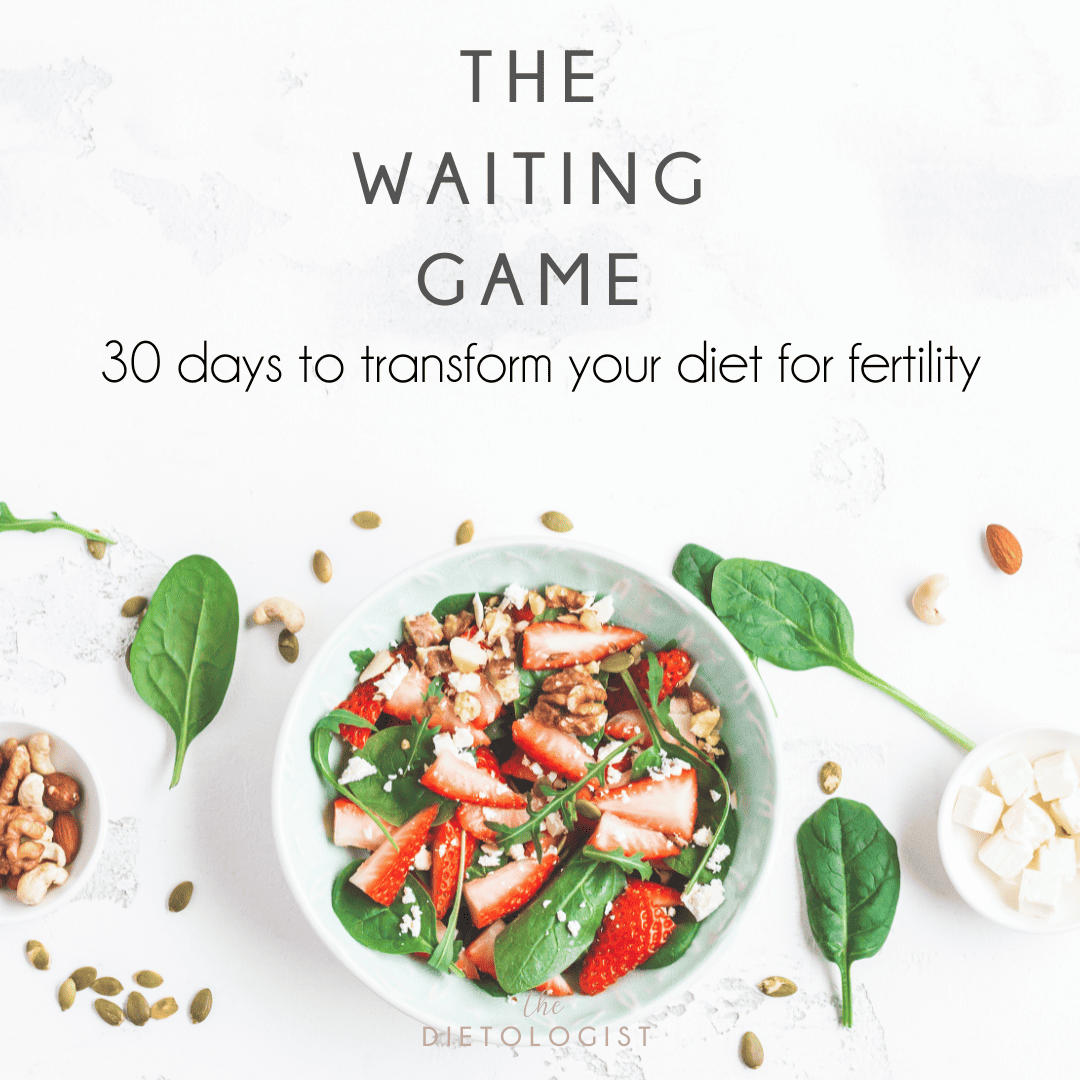
4. You need to meet your calcium needs.
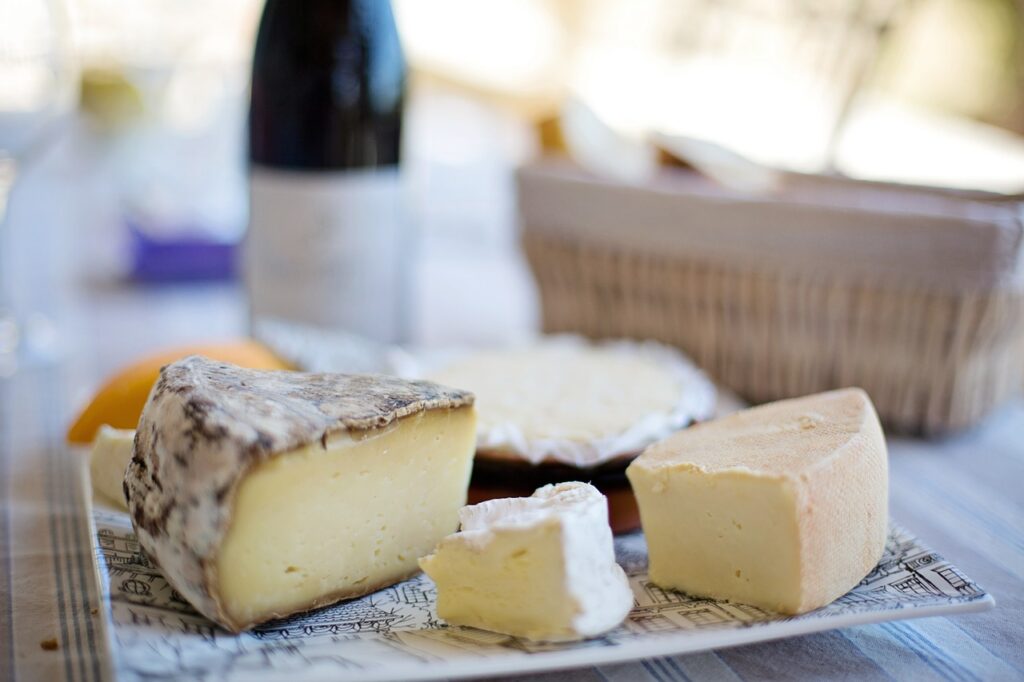
While calcium needs actually don’t increase during and before pregnancy, you need to be meeting your daily requirements of 1,000 mg (whether you’re trying to conceive or not!) (Better Health Channel, 2020). Dairy foods, such as full-fat milk, cheese and yoghurt are great dietary sources of calcium (Better Health Channel, 2020), so can help you meet your body’s needs, to further support your ability to fall pregnant.
Don’t tolerate dairy but looking to meet your calcium needs? Read more about non-dairy sources of calcium here.
So as we can see, there’s actually no basis for the myth you need to cut dairy out of your diet if you’re trying to conceive, unless you have an allergy or intolerance! While absolutely it’s best to swap any low-fat dairy sources for their full-fat alternatives to protect (and possibly improve) your chances of conceiving, dairy can actually help you meet some of your important nutrient requirements for falling pregnant and growing a baby! So no need to go without your beloved glass of milk or daily yoghurt!
Want more personalised advice on how to improve your chances of conceiving? Book in now and we can develop an individualised plan to help improve your fertility through nutrition.
This blog was co-written by Emily Smith, a Nutrition and Dietetics student at The University of Sydney. You can find Emily on Instagram @emilygracehealth and on LinkedIn.


